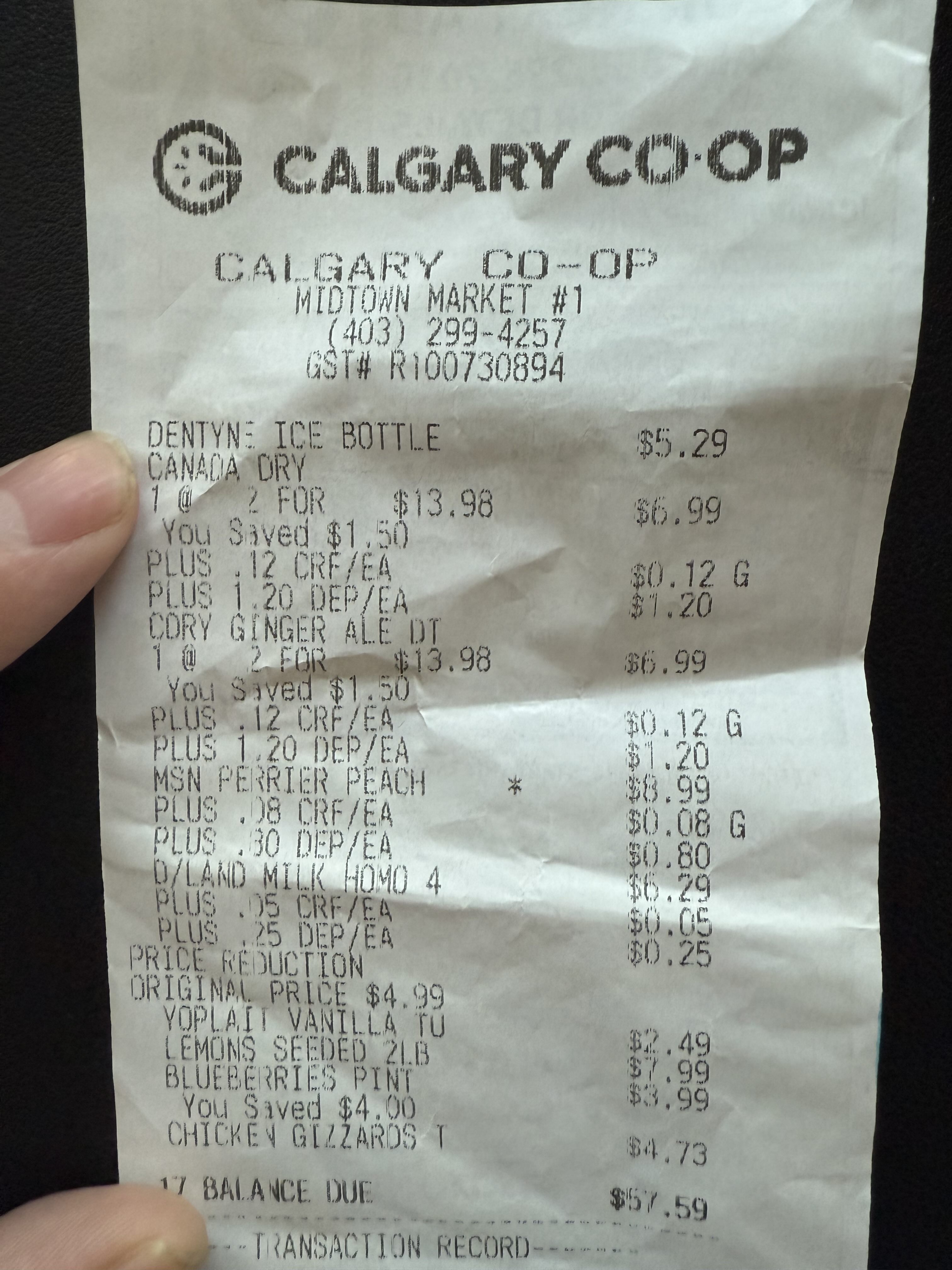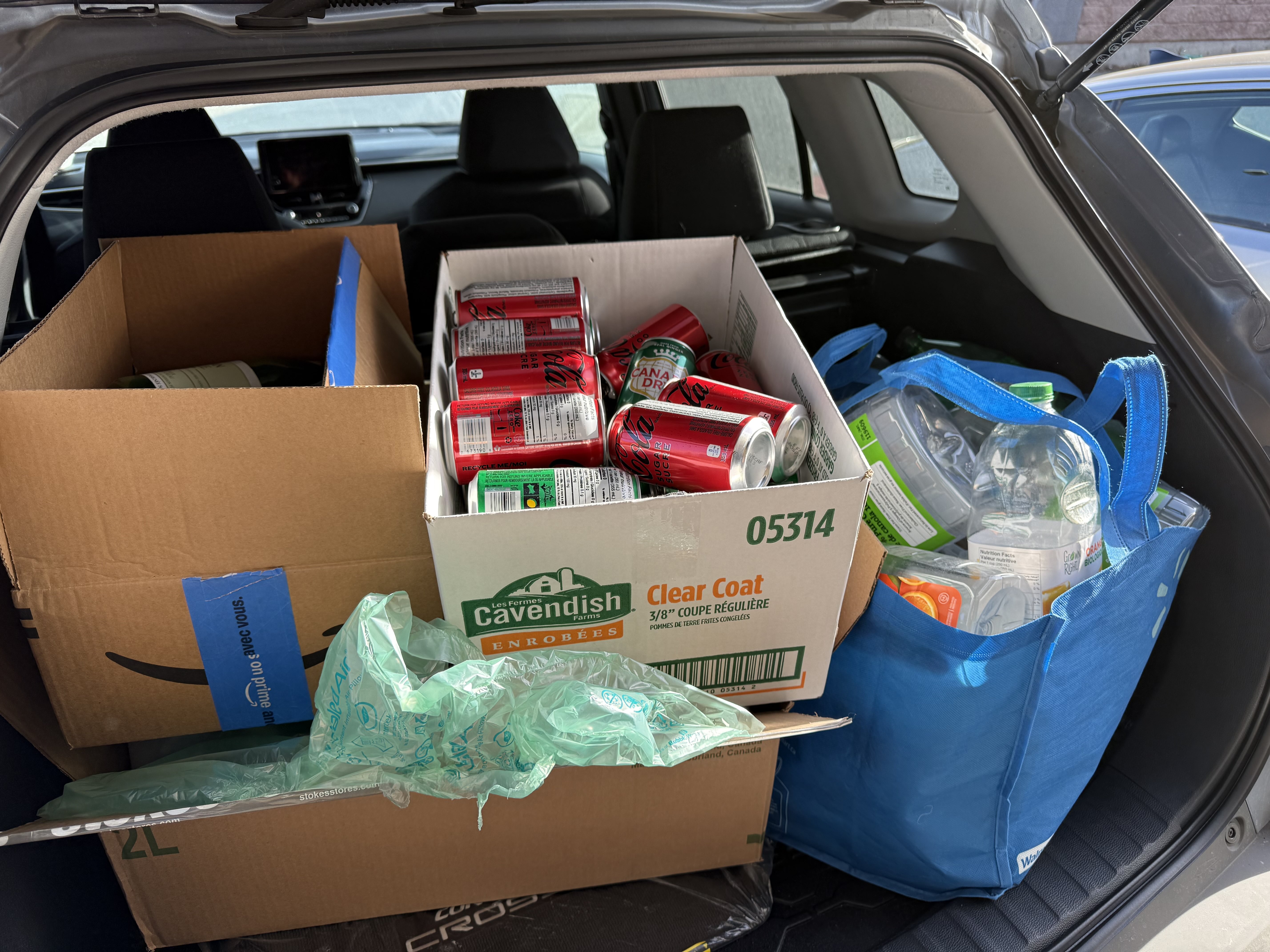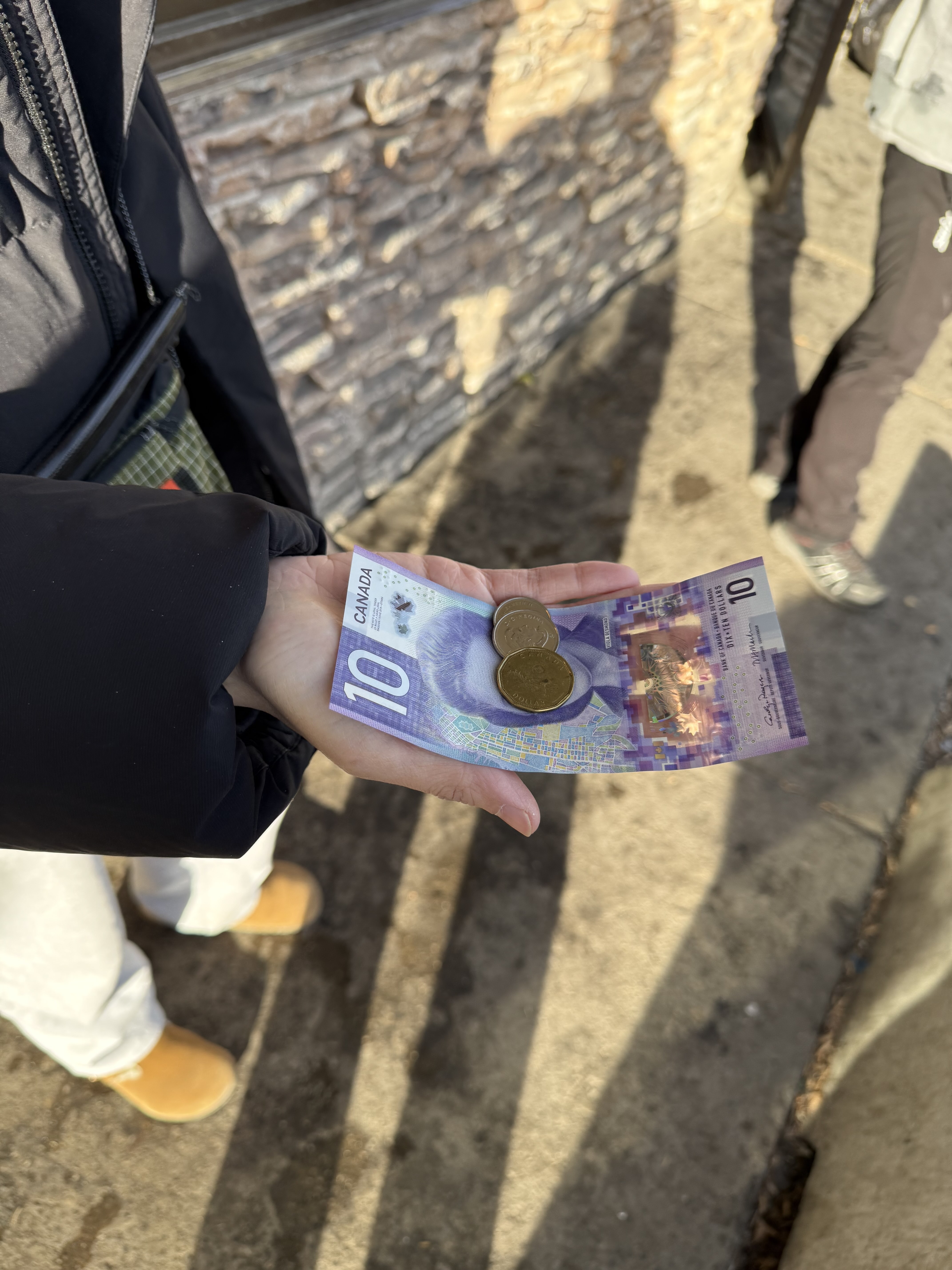Living in Canada these past few months has really given me a tax education – it's a whole different ball game! Back in China, when we buy stuff, the price is pretty much what you see is what you get, taxes included. So, honestly, "tax" wasn't really a concept I thought much about or paid attention to. Of course, things in China are often cheaper anyway, so even if tax was baked in, it didn't really hit you that hard. It’s definitely not as in-your-face and real as it is here in Canada.
This shift in perspective has made me a bit of a bill-checking fanatic now. Every time I buy something, I make a point to glance at the receipt and see exactly how much tax I'm paying. Then, one day, I was buying bottled water at the supermarket, and BAM! I stumbled upon a super interesting "tax" I never knew existed!
Here’s the story: the first time I bought water at Costco, I was blown away by the price! A whole case of water for around 5 bucks? As a newbie in Canada, I was shocked! This was practically the same price as back home! So, without a second thought, I grabbed a case and off I went. But then at checkout, I noticed an extra charge on my bill that I couldn't figure out. At first, I thought the cashier had messed up – even Canadian Costco cashiers make mistakes, right? But after a closer look, the penny dropped: this extra charge was actually a plastic bottle deposit!

Turns out, this deposit is a government initiative to protect the environment, encouraging everyone to return their empty water and drink containers to designated recycling centers and retailers. That's how you get your deposit back.
When I saw this policy, I was amazed all over again! It's such a brilliant recycling strategy, and it really works to get those plastics and aluminum cans out of circulation. We all know how huge of an impact plastic has on the environment.
Back in China, while you can recycle cans and plastic bottles, it's mostly individual or commercial, not really a government-led thing. That's why in some smaller cities in China, you still see empty bottles and cans scattered on the streets – there just isn't enough incentive to recycle, and without a "deposit" system, many people don't realize the value of these bottles at all.
This discovery sparked a recycling mission for my wife and me! We carefully collected every water and drink bottle we used, and then one day we realized we were drowning in empties! It was time to turn trash into treasure!

We looked up nearby recycling centers online, picked one with decent reviews, and drove over using the GPS. To be honest, I was a little skeptical beforehand, thinking the recycling process might be a hassle. But boy, was I wrong! The process couldn't have been simpler! When we got to the recycling center, we just handed over our bags of bottles and cans to the staff. They counted them up for us (some places might ask you to count beforehand), and then gave us a receipt right there on the spot.
The whole thing was so smooth and easy, a really great experience! I even saw loads of local families driving up in pickups and SUVs to recycle, queuing up, one after another. It's clear this policy has really taken root and is making a difference! Seriously, this is a fantastic environmental strategy!
